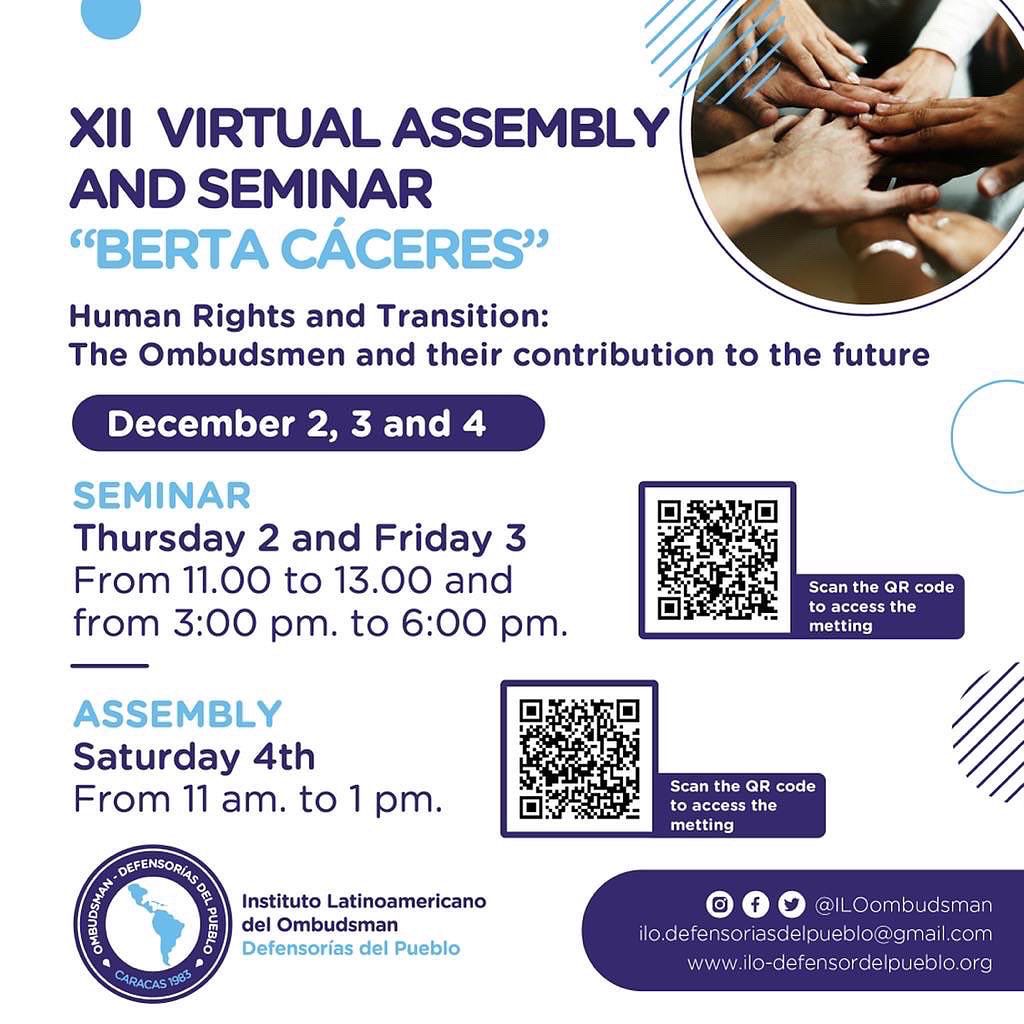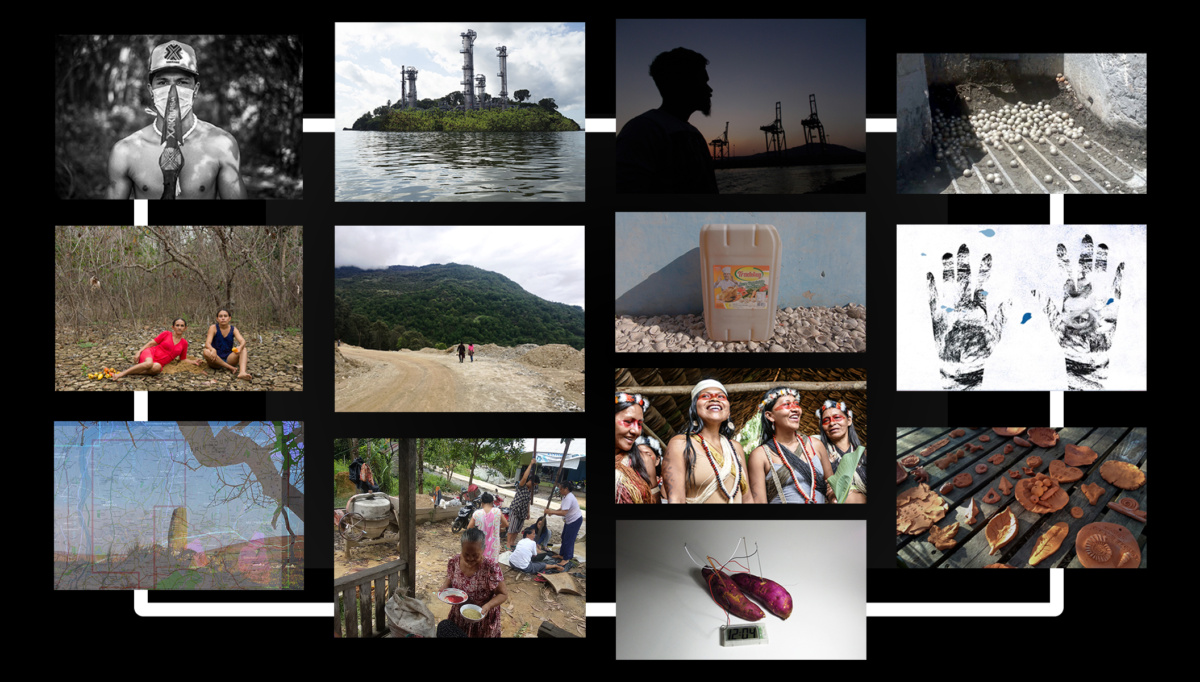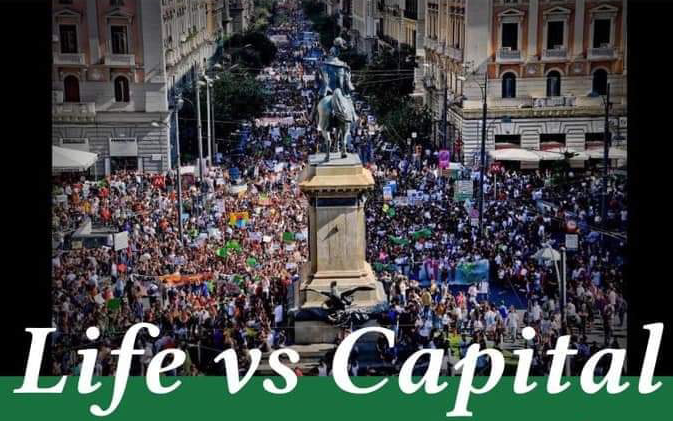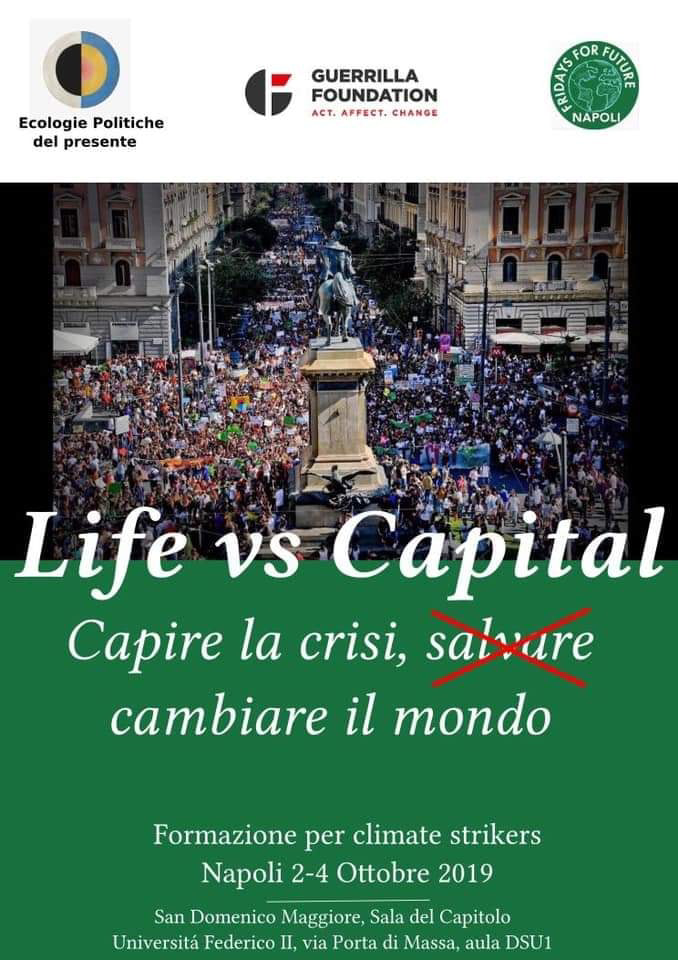In early December, the Latin American Institute of Ombudsmen (ILO) held its 12th Annual Assembly and Seminar. ILO is a Latin American and Caribbean network that brings together Human Rights institutions and Human Rights defenders in the region, promoting the creation of these institutions, the strengthening of their role and institutionality, and the promotion and full exercise of Human Rights.
Due to the global Covid-19 pandemic, the Assembly and Seminar in 2021 were held on line for the second year in a row. In this occasion, it was named ‘Berta Caceres’, a Lenca indigenous woman from Honduras, a human rights defender, murdered in March 2016 in her home for her permanent struggle for the rights of the Lenca people, the protection of the territory and the natural environment. ILO chose to come together remembering Berta Caceres in a historical moment where the defence of Human Rights necessarily implies a defence of Life in its diversity, and because the daily reality in Latin America and the Caribbean, where there is the highest number of murders of environmental defenders around the world – mostly women -, reminds us of the centrality of that struggle in order to imagine a truly just, equitable and sustainable future. In this sense, the focus of the meeting, based on the learnings of the responses to the pandemic, was to think collectively about the transition and to do it from a perspective of rights anchored in the protection of our natural environment.
It was also decided to dedicate some of the presentations to analyze women’s rights in the region, taking into account that the encounter took place within the 16 Days of Activism Against Gender Violence. Other groups specially considered during the seminar, also in coincidence with international days dedicated to highlight their rights, were the elderly, people with disabilities, as well as victims of various forms of slavery and human trafficking. Several women with roles in these institutions in charge of promoting and defending women’s rights and other collective rights, from several countries of the region, shared their experiences, views and proposals during the seminar.
All sessions had an artistic expression representing some of the sub-regions. This was done recognizing the importance of culture and cultural expressions for the construction of just and democratic societies which value and respect diversity.
As a result of the rich exchange throughout the three days of the seminar and assembly, a final declaration was issued where among others, the following topics were highlighted:
- Concern about the worsening of the human rights situation in the region because of the pandemic and the inadequate and unequal policies implemented in response to it, including racist and discriminatory approaches.
- Concern about the impact that the pandemic has had on structural problems in the region, such as gender violence (including the growing number of feminicides), discrimination against women and the LGBTIQ + population, mistreatment of children and adolescents, limitation of rights to population groups such as people with disability, elderly, groups in a situation of human mobility, indigenous peoples, and lack of public policies in response to these situations.
- Condemnation of the refusal by industrialized countries, based on economic interests, to take measures in order to reduce the effects of climate change; it also expressed its condemnation of the high number of human rights and environmental defenders, who have been pressured, threatened or assassinated, again, in order to defend economic interests associated with the extractivist model.
- Concern about the impacts in people’s lives and intimacy resulting from surveillance capitalism; in line with this, it highlighted the current weakness of democratic institutions calling for broader and deeper participation of civil society in political life.
The declaration provides a roadmap for ILO and its members for the work to be implemented in 2022, with the aim to contribute to strengthen the respect of human rights in the region.
Ana Agostino
(First Vice-president of ILO and Ombudsperson of WEGO)






